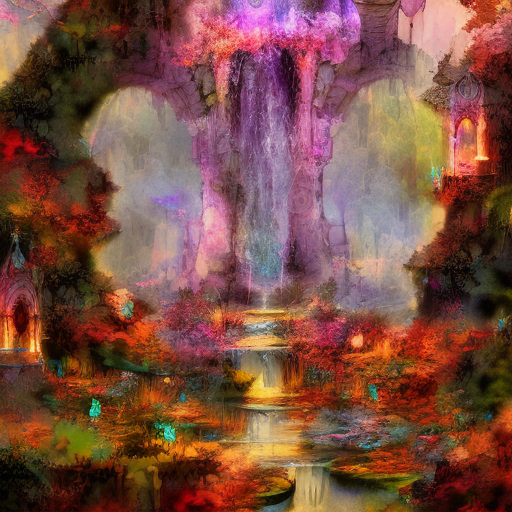The Forgotten Garden: A Tale of Mystery, Family, and Identity
In The Forgotten Garden, author Kate Morton weaves a captivating tale of mystery, family secrets, and the search for identity. Set in both the early 1900s and the present day, the story follows three generations of women as they uncover the truth behind a hidden garden and the enigmatic figure who created it. With its richly detailed settings, complex characters, and intertwining storylines, this novel is a compelling exploration of love, loss, and the power of storytelling.
The Mysterious Origins of a Secret Garden
The story begins in 1913, when a young girl named Nell is found abandoned on a ship from England to Australia. She is taken in by the dockmaster and his wife, who raise her as their own. As Nell grows older, she becomes determined to uncover her true identity and the circumstances that led to her abandonment. Her search leads her to Blackhurst Manor, a decaying estate in Cornwall, England, where she discovers a hidden garden and a connection to a long-lost family.
A Tale of Three Generations
The narrative alternates between Nell’s story and that of her granddaughter, Cassandra, who inherits Blackhurst Manor after Nell’s death. As Cassandra delves into her family’s past, she becomes determined to unravel the mysteries surrounding the forgotten garden. Along the way, she uncovers the stories of Eliza Makepeace, a talented writer who lived at Blackhurst Manor in the early 1900s, and Rose Mountratchet, a troubled young girl who befriends Eliza. Through these interconnected narratives, the novel explores themes of identity, belonging, and the enduring power of family bonds.
The Power of Storytelling
One of the central themes in The Forgotten Garden is the power of storytelling. Throughout the novel, characters use storytelling as a means of understanding their own lives and connecting with others. Eliza Makepeace, in particular, finds solace in writing stories that reflect her own experiences and emotions. Morton skillfully demonstrates how storytelling can transcend time and place, allowing the characters to make sense of their pasts and find healing in the process.
- The importance of family and the search for identity
- The enduring power of storytelling
- The impact of secrets and the consequences of uncovering them
“We all have our own stories. Our lives are made up of a series of moments, each one a story in itself.”– Kate Morton
In conclusion, The Forgotten Garden is a beautifully crafted novel that takes readers on a journey through time and across continents. Through its compelling characters and intricate plot, the book explores themes of family, identity, and the power of storytelling. Morton’s vivid descriptions and skillful storytelling make this a captivating read that will leave readers pondering the mysteries of the forgotten garden long after they turn the final page.












